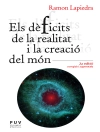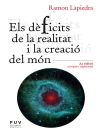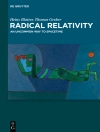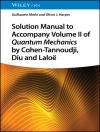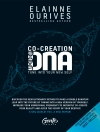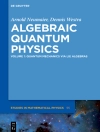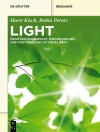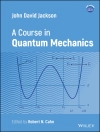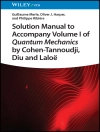This book reviews a number of spectacular advances that have been made in the study of supersymmetric quantum field theories in the last few years. Highlights include exact calculations of Wilson loop expectation values, and highly nontrivial quantitative checks of the long-standing electric-magnetic duality conjectures
The book starts with an introductory article presenting a survey of recent advances, aimed at a wide audience with a background and interest in theoretical physics. The following articles are written for advanced students and researchers in quantum field theory, string theory and mathematical physics, our goal being to familiarize these readers with the forefront of current research.
The topics covered include recent advances in the classification and vacuum structure of large families of N=2 supersymmetric field theories, followed by an extensive discussion of the localisation method, one of the most powerful tools for exact studies of supersymmetric field theories. The quantities that have been studied in this way are partition functions, expectation values of line operators, and supersymmetric indices.
The book also reviews recently discovered connections between SUSY field theories in four dimensions and two-dimensional conformal field theory. These connections have a counterpart in relations between three-dimensional gauge theories and Chern-Simons theory; the book’s closing chapters explore connections with string theory.
Tabela de Conteúdo
Exact results on N = 2 supersymmetric gauge theories.- Families of N = 2 field theories.- Hitchin systems in N = 2 field theory.- A review on instanton counting and W-algebras.- b-deformed Matrix Models and 2d/4d correspondence.- Localization For N = 2 Supersymmetric Gauge Theories in Four Dimensions.- Line operators in supersymmetric gauge theories and the 2d-4d relation.- Surface Operators.- A review on SUSY gauge theories on S3.- 3d Superconformal Theories from Three-Manifolds.- Supersymmetric gauge theories, quantization of Mflat, and conformal field theory.- Gauge/Vortex Duality and AGT.- B-Model Approach to Instanton Counting.



